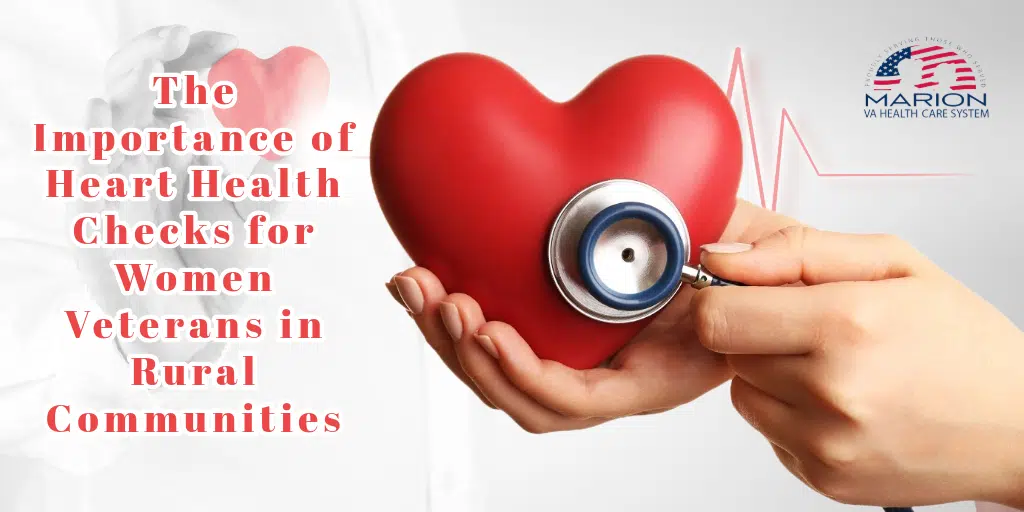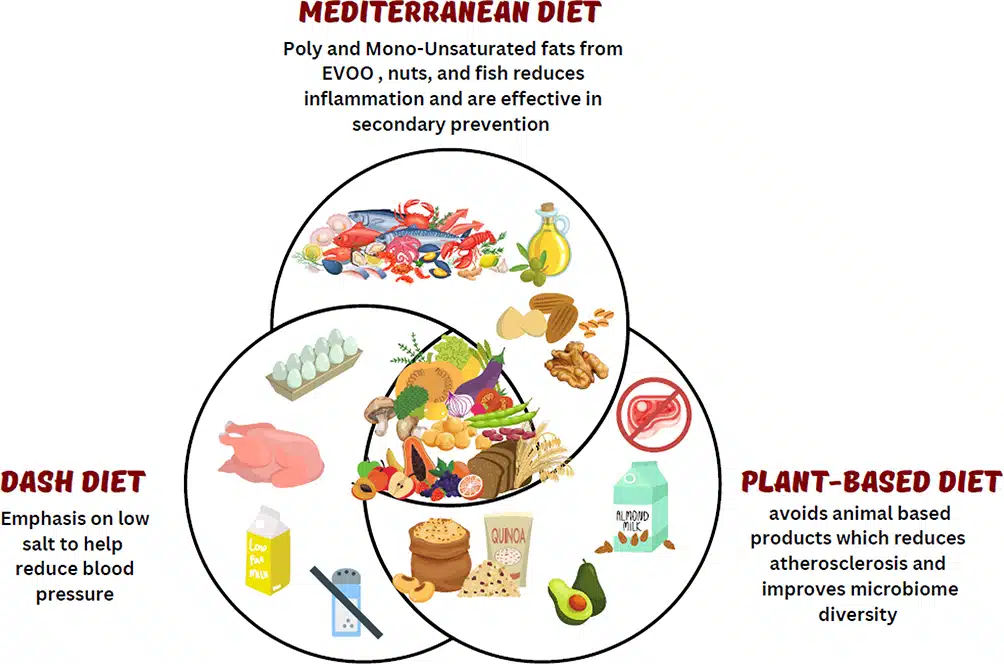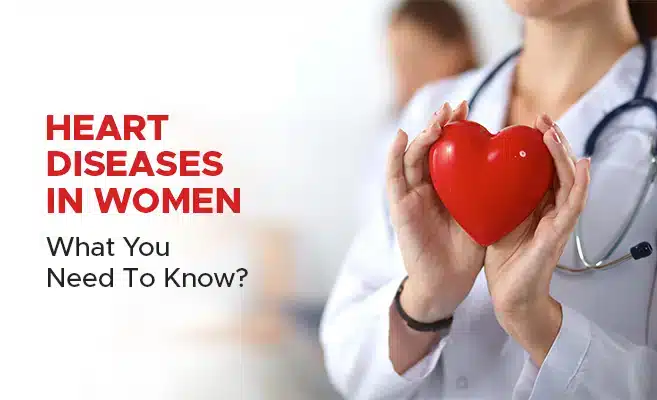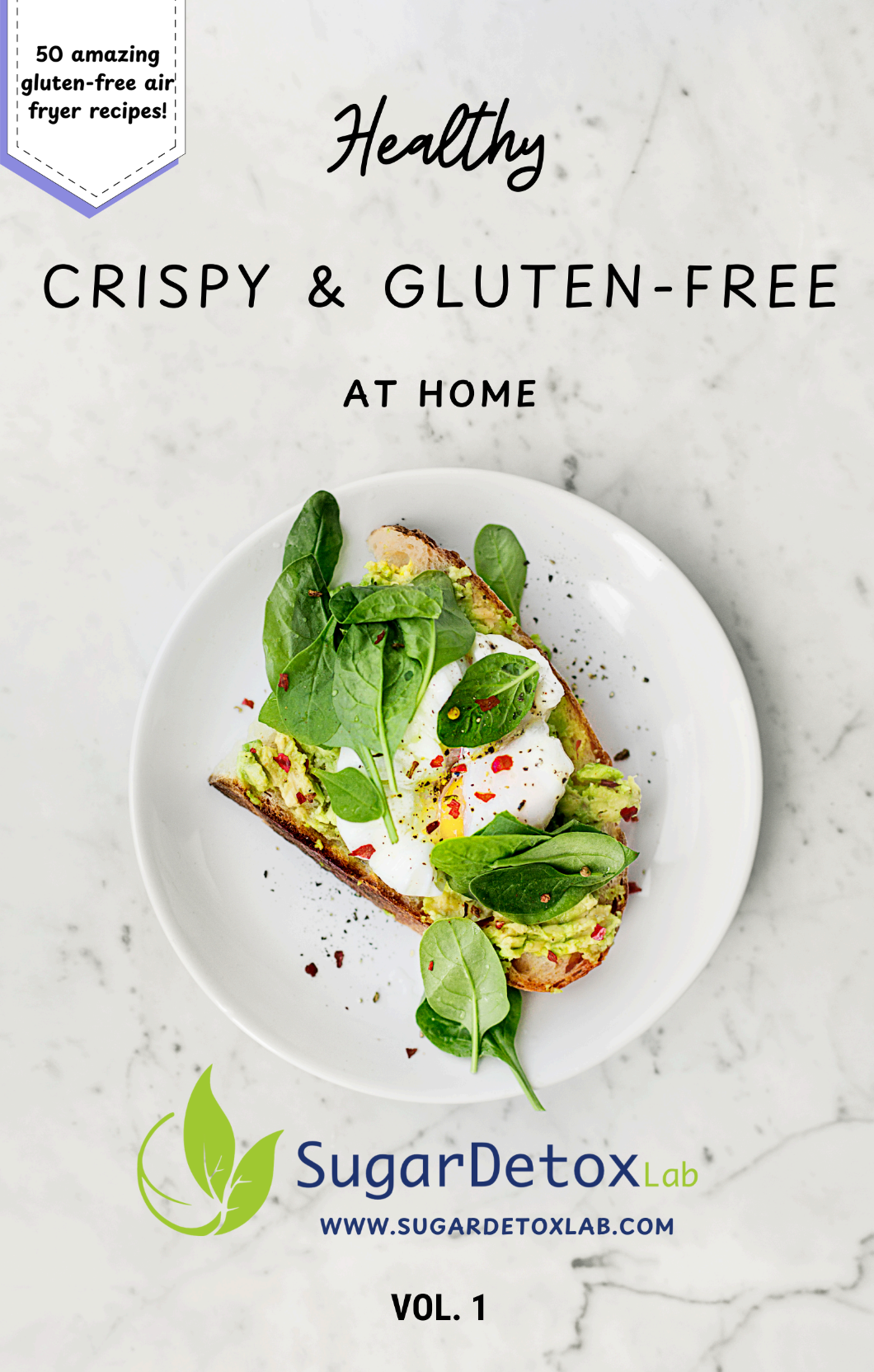Understanding what women need to know about their health requires confronting an uncomfortable truth: while most women fear breast cancer, heart disease actually claims more female lives than all forms of cancer combined. This misconception leads many women to focus on the wrong preventive measures while neglecting the cardiovascular protection that could save their lives. The connection between blood sugar stability, inflammation reduction, and heart health forms the foundation of effective cardiovascular disease prevention for women.
Modern women often experience subtle heart disease symptoms that differ significantly from the classic male presentation, leading to delayed diagnosis and treatment. However, the most encouraging news is that heart disease is largely preventable through targeted nutrition strategies that support stable blood sugar, reduce systemic inflammation, and provide the nutrients essential for optimal cardiovascular function.
This comprehensive guide explores the critical health knowledge every woman needs to protect her heart, from recognizing unique female symptoms to implementing nutrition strategies that address the root causes of cardiovascular disease rather than simply managing risk factors after problems develop.

What Women Need to Know About Their Health: The Heart Disease Reality
Traditional approaches to women’s health often minimize cardiovascular risk while overemphasizing other health concerns. However, what women need to know about their health centers on understanding that heart disease kills one woman every minute in the United States, claiming more lives than breast cancer, stroke, and Alzheimer’s disease combined.
The fundamental difference in how heart disease affects women extends beyond symptoms to include risk factors, progression patterns, and treatment responses. Women’s smaller coronary arteries, hormonal fluctuations, and tendency toward microvascular disease create unique cardiovascular challenges that require specialized prevention strategies.
The superior approach combines evidence-based medical monitoring with nutrition interventions that address the metabolic drivers of heart disease—insulin resistance, chronic inflammation, and oxidative stress. This integrated method targets root causes rather than simply managing cholesterol numbers, leading to sustainable improvements in cardiovascular health and overall wellness.
Heart Health: Your Number One Health Threat

The Hidden Reality of Women’s Heart Disease
Heart disease is the leading cause of death for women, claiming approximately 300,000 female lives annually in the United States alone. Despite this alarming statistic, surveys consistently show that most women identify breast cancer as their primary health threat, leading to misplaced prevention efforts and delayed cardiovascular care.
This misperception proves deadly because women often dismiss early heart disease symptoms as stress, aging, or minor health issues. The result is delayed medical attention during the critical window when intervention could prevent major cardiac events or death.
What women need to know about their health includes recognizing that cardiovascular disease doesn’t discriminate by age, fitness level, or family history. Young, active women can develop heart disease, particularly when genetic factors combine with lifestyle stressors and poor nutrition choices that promote inflammation and insulin resistance.
Know Your Numbers: Essential Cardiovascular Monitoring
Regular monitoring of key cardiovascular markers provides early warning signs of developing heart disease. Blood pressure should remain below 120/80 mmHg, with readings above 130/80 indicating hypertension requiring intervention. Many women develop high blood pressure during perimenopause due to hormonal changes and increased stress levels.
Cholesterol panels need interpretation beyond simple “good” and “bad” cholesterol categories. The ratio of HDL to total cholesterol, particle size analysis, and inflammatory markers like C-reactive protein provide more comprehensive cardiovascular risk assessment than basic cholesterol numbers alone.
Blood sugar levels directly impact cardiovascular health, with even prediabetic ranges increasing heart disease risk significantly. Hemoglobin A1C levels above 5.7% indicate blood sugar dysfunction that accelerates arterial damage through advanced glycation end products formation.

Recognizing Women’s Unique Heart Attack Symptoms
Women’s heart attack symptoms often differ dramatically from the classic male presentation of crushing chest pain. What women need to know about their health includes recognizing these subtle but serious warning signs that are frequently dismissed or misdiagnosed.
Unusual fatigue represents one of the most common early warning signs, often beginning weeks before a heart attack. This isn’t normal tiredness from busy schedules—it’s profound exhaustion that doesn’t improve with rest and significantly impacts daily activities.
Shortness of breath without chest pain can indicate heart problems, particularly when it occurs during routine activities that previously caused no breathing difficulty. This symptom often develops gradually, making it easy to attribute to aging or fitness decline.
Digestive symptoms including nausea, vomiting, indigestion, or heartburn can signal heart problems in women. These symptoms are frequently misattributed to stress, food poisoning, or gastrointestinal issues, leading to dangerous delays in cardiac care.
Pain patterns in women often involve the back, jaw, neck, or arms rather than the classic chest pain. This referred pain pattern occurs because women’s nervous systems process cardiac pain signals differently than men’s systems.
Nutrition Strategies That Protect Women’s Hearts

Anti-Inflammatory Foods for Cardiovascular Protection
What women need to know about their health includes understanding that chronic inflammation drives the atherosclerotic process that leads to heart attacks and strokes. Anti-inflammatory nutrition provides powerful protection against cardiovascular disease while supporting overall wellness.
Omega-3 fatty acids from wild-caught fatty fish reduce inflammatory markers, improve arterial flexibility, and support healthy heart rhythm. EPA and DHA supplementation has been shown to reduce cardiovascular events by up to 25% in high-risk populations.
Polyphenol-rich foods including berries, dark leafy greens, and green tea provide antioxidant protection against oxidative stress that damages arterial walls. These compounds also support healthy blood pressure regulation and improve insulin sensitivity.
Fiber-rich vegetables and low-glycemic fruits support healthy cholesterol levels by binding bile acids and promoting their elimination. This process forces the liver to use circulating cholesterol to produce new bile acids, naturally lowering blood cholesterol levels.
Blood Sugar Stability for Heart Protection
Stable blood sugar levels provide profound cardiovascular protection by reducing inflammatory cytokine production and preventing the glycation damage that accelerates atherosclerosis. What women need to know about their health includes recognizing that blood sugar spikes damage arterial walls even in non-diabetic individuals.
Balanced meals containing adequate protein, healthy fats, and fiber-rich carbohydrates prevent the insulin spikes that promote fat storage around the midsection—a key risk factor for heart disease in women. Abdominal fat produces inflammatory compounds that directly damage cardiovascular tissue.
Strategic meal timing that includes protein-rich breakfasts and balanced snacks maintains steady energy levels while supporting healthy cortisol patterns. Chronic stress and elevated cortisol levels contribute significantly to cardiovascular risk in women.
Lifestyle Factors That Support Heart Health

Weight Management Through Metabolic Health
Maintaining a healthy weight requires focusing on metabolic health rather than simply calorie restriction. What women need to know about their health includes understanding that where you carry excess weight matters more than total body weight for cardiovascular risk assessment.
Visceral fat around internal organs produces inflammatory compounds that directly damage cardiovascular tissue. This type of fat storage often results from insulin resistance and chronic stress rather than simple overeating, requiring targeted nutrition interventions rather than generic calorie restriction.
Exercise and Movement for Cardiovascular Fitness
Regular physical activity strengthens the heart muscle, improves arterial flexibility, and supports healthy blood pressure regulation. However, excessive exercise can increase cortisol production and inflammatory markers, particularly in women with existing stress levels or inadequate recovery.
The optimal approach combines cardiovascular exercise with strength training and stress-reducing activities like yoga or walking in nature. This balanced approach supports heart health while managing the stress response that contributes to cardiovascular disease in many women.
Modern Heart Health Monitoring and Technology
Wearable Technology for Cardiovascular Awareness
Contemporary heart health management increasingly incorporates wearable devices that monitor heart rate variability, detect irregular rhythms, and track sleep quality—all important indicators of cardiovascular health. These tools help women identify patterns and symptoms they might otherwise dismiss.
Continuous heart rate monitoring can detect atrial fibrillation episodes that often go unnoticed but significantly increase stroke risk. Early detection allows for prompt medical intervention and appropriate anticoagulation therapy when necessary.
Advanced Lipid Testing Beyond Basic Cholesterol
Standard cholesterol panels provide limited information about actual cardiovascular risk. Advanced lipid testing includes particle size analysis, inflammatory markers, and genetic factors that provide more personalized risk assessment and treatment guidance.
Understanding your ApoE genotype, for example, can inform dietary recommendations since some genetic variants respond better to lower-fat diets while others benefit from higher healthy fat intake. This personalized approach optimizes cardiovascular health outcomes based on individual genetic and metabolic factors.
Stress Management Technology and Apps
Chronic stress contributes significantly to heart disease risk in women through elevated cortisol levels, increased blood pressure, and inflammatory cytokine production. Stress management apps that guide breathing exercises, meditation, and heart rate variability training provide accessible tools for cardiovascular protection.
Biofeedback devices that measure stress responses in real-time help women identify triggers and develop more effective coping strategies. This technology makes stress management more objective and measurable, improving long-term compliance and effectiveness.

Frequently Asked Questions
How do I know if my fatigue is heart-related versus other causes like thyroid issues or stress?
Heart-related fatigue typically worsens with physical activity and doesn’t improve with rest, unlike thyroid-related fatigue which tends to be constant regardless of activity level. Cardiac fatigue often accompanies other subtle symptoms like shortness of breath during routine activities, slight chest discomfort, or unusual sweating. However, since thyroid disorders, anemia, and sleep disorders can also cause significant fatigue, it’s essential to get comprehensive blood work including thyroid function, complete blood count, and inflammatory markers. If fatigue is severe, sudden, or accompanied by chest discomfort, jaw pain, or unusual shortness of breath, seek immediate medical evaluation.
What are the most important dietary changes women can make to prevent heart disease?
The most impactful dietary changes focus on reducing inflammation and stabilizing blood sugar rather than simply lowering cholesterol. Eliminate refined sugars and processed foods that spike insulin and promote inflammation. Increase omega-3 fatty acids from wild fish, emphasize colorful vegetables rich in antioxidants, and include healthy fats from avocados, nuts, and olive oil. Reduce sodium intake from processed foods while ensuring adequate potassium from vegetables and fruits. Focus on anti-inflammatory spices like turmeric, ginger, and garlic. Most importantly, balance meals with adequate protein and fiber to prevent blood sugar spikes that damage arterial walls over time.
Are women’s heart disease risk factors different from men’s, and how should this change my prevention strategy?
Yes, women have unique risk factors that require specialized prevention approaches. Hormonal changes during perimenopause and menopause significantly increase cardiovascular risk as protective estrogen levels decline. Pregnancy complications like gestational diabetes, preeclampsia, or preterm delivery indicate increased lifetime heart disease risk. Autoimmune conditions, which affect women more frequently, create chronic inflammation that accelerates heart disease. Depression and chronic stress disproportionately affect women’s cardiovascular health. Women also tend to have smaller coronary arteries and more microvascular disease. These factors mean women need earlier and more aggressive lifestyle interventions, stress management strategies, and closer monitoring during hormonal transitions.
What should women know about cholesterol levels and heart disease prevention?
Women need to understand that cholesterol numbers alone don’t predict heart disease risk accurately. HDL cholesterol tends to be naturally higher in women, which provides some protection, but this advantage diminishes after menopause. The ratio of total cholesterol to HDL matters more than individual numbers, with ratios above 4:1 indicating increased risk. Triglyceride levels often correlate with heart disease risk in women more strongly than LDL cholesterol levels. Particle size analysis provides better risk assessment since small, dense LDL particles are more dangerous than large, fluffy particles. Finally, inflammatory markers like C-reactive protein often predict women’s heart disease risk better than cholesterol levels alone.
How can women manage stress to protect their heart health?
Chronic stress management is crucial for women’s heart health since elevated cortisol levels increase blood pressure, promote abdominal fat storage, and trigger inflammatory responses that damage arterial walls. Effective stress management requires both acute techniques for immediate relief and long-term lifestyle changes. Daily practices like deep breathing exercises, meditation, or yoga help regulate the nervous system. Regular physical activity reduces stress hormones while strengthening the cardiovascular system. Adequate sleep (7-9 hours) allows stress hormone recovery and supports heart rate variability. Social connections and community support provide emotional resilience. Finally, addressing underlying stressors like work-life balance, relationship issues, or financial concerns prevents chronic stress from becoming a major cardiovascular risk factor.

Conclusion
Understanding what women need to know about their health begins with accepting that heart disease, not cancer, poses the greatest threat to female longevity and quality of life. This knowledge empowers women to make informed decisions about prevention strategies that address the unique ways cardiovascular disease affects female physiology.
The integration of regular cardiovascular monitoring with anti-inflammatory nutrition creates a powerful foundation for heart health that extends far beyond simple risk factor management. From recognizing subtle heart attack symptoms to implementing blood sugar-stabilizing nutrition strategies like our Omega-3 Power Bowl, women have tremendous power to influence their cardiovascular destiny through informed choices.
The encouraging reality is that heart disease is largely preventable through targeted lifestyle interventions that support optimal metabolic function, reduce systemic inflammation, and provide the nutrients essential for cardiovascular health. By combining evidence-based medical care with nutrition strategies that address root causes rather than symptoms, women can significantly reduce their risk while improving overall wellness and vitality.
Ready to prioritize your heart health? Start by scheduling overdue cardiovascular screenings and incorporating anti-inflammatory foods into your daily routine. The simple act of adding omega-3 rich fish to your weekly meal plan could provide profound cardiovascular protection. Explore more heart-healthy recipes and evidence-based wellness strategies at sugardetoxlab.com, and join our community of health-conscious women committed to preventing heart disease through nutrition and lifestyle medicine. Share your own heart health journey in the comments below—together, we can change the statistics that make heart disease the leading killer of women!
What Women Need to Know Heart Health & Disease Prevention—essential heart health knowledge for women, including unique symptoms, risk factors & nutrition strategies. Heart disease kills more women than cancer.







